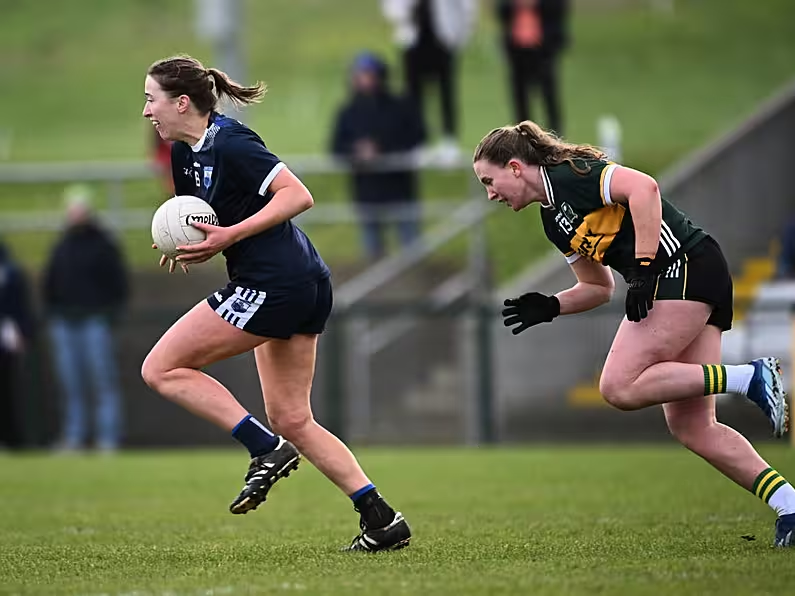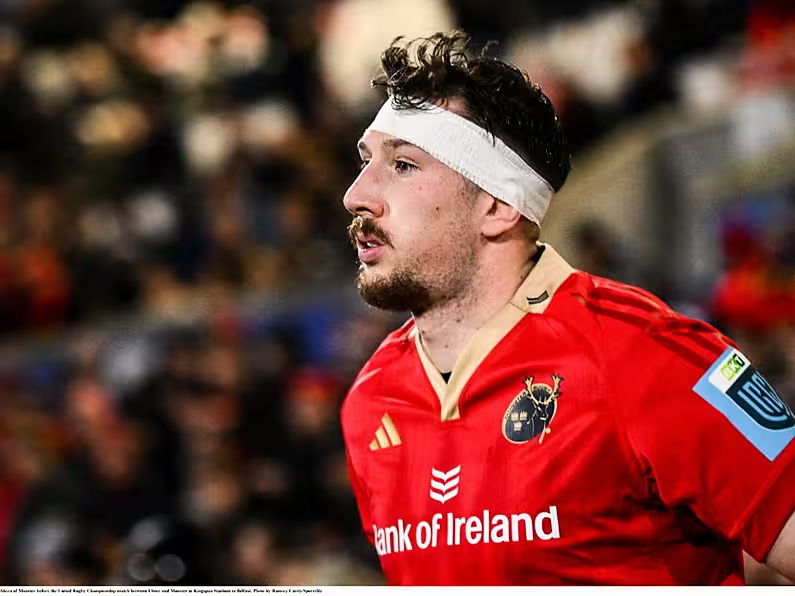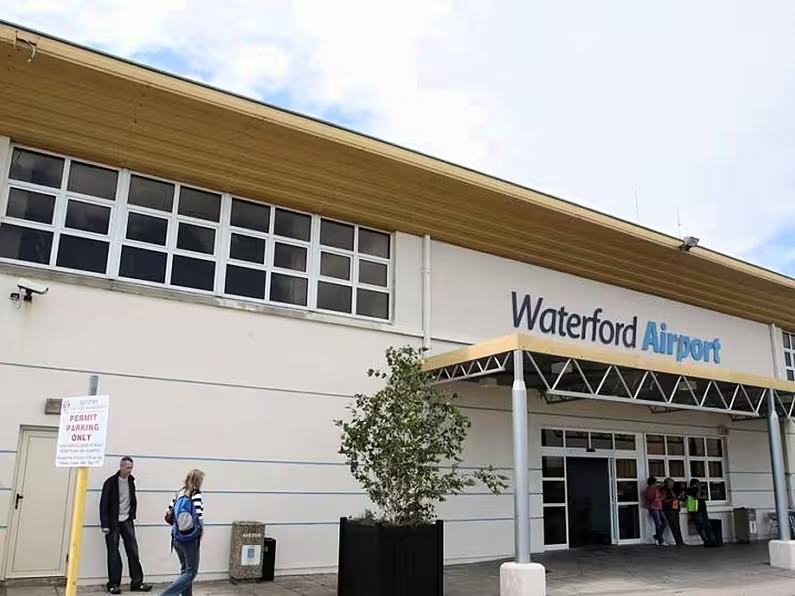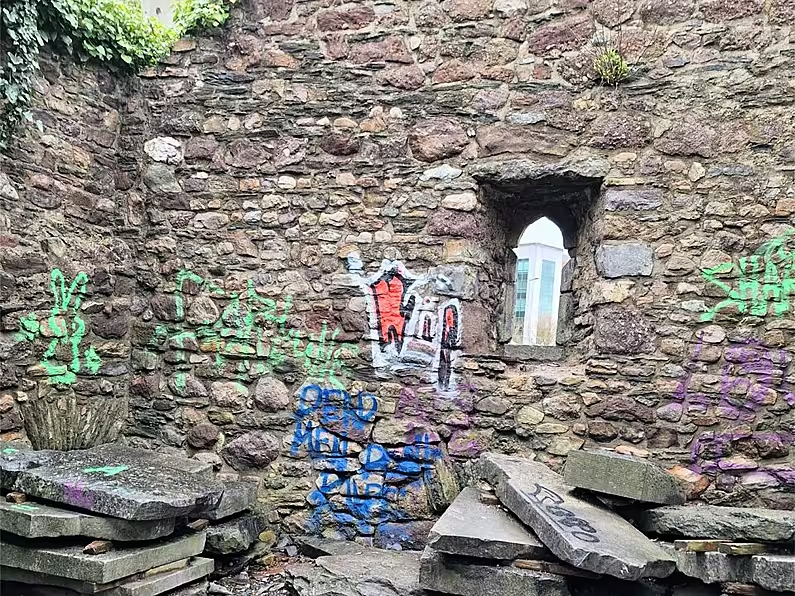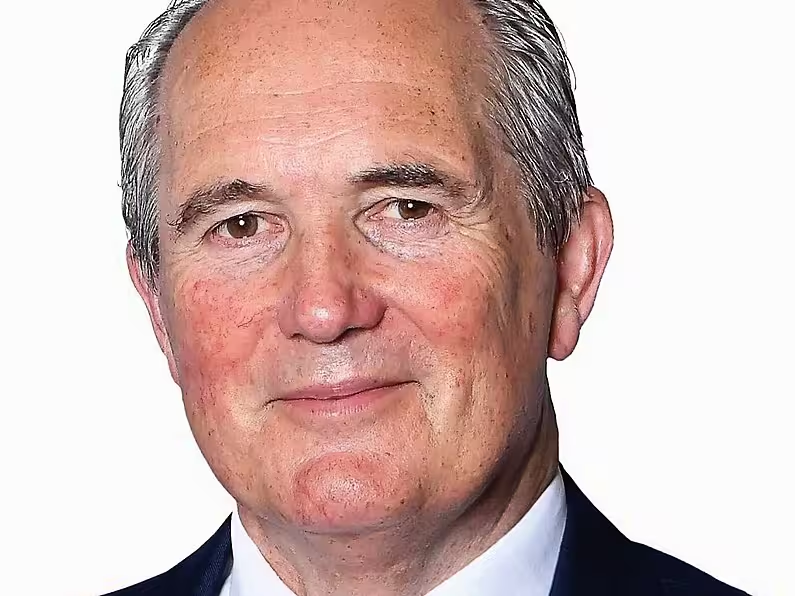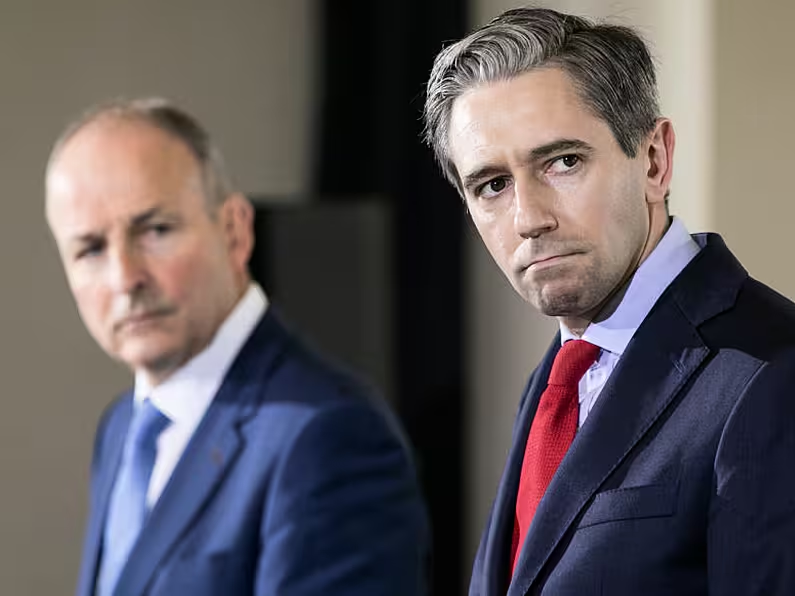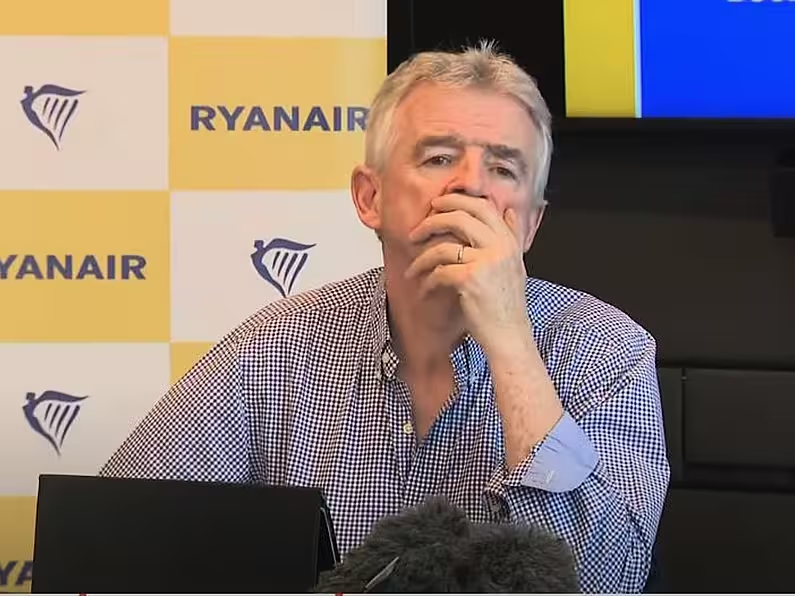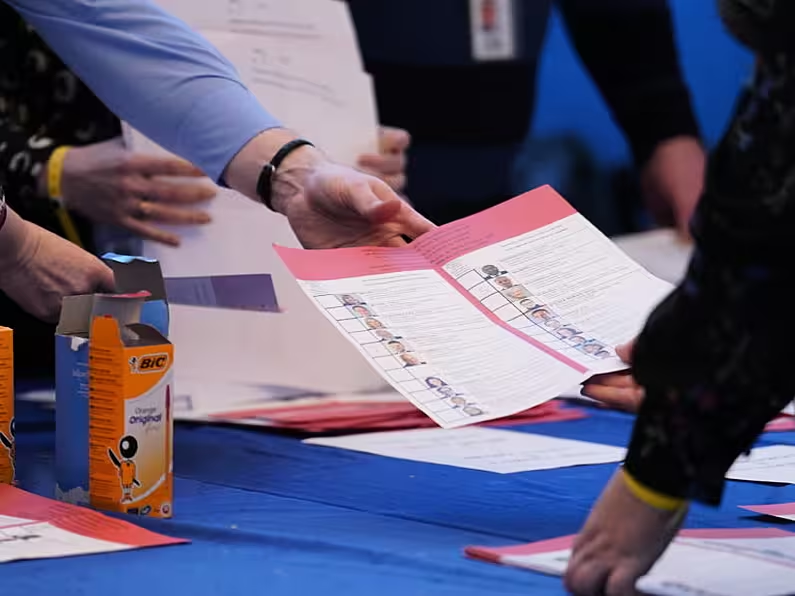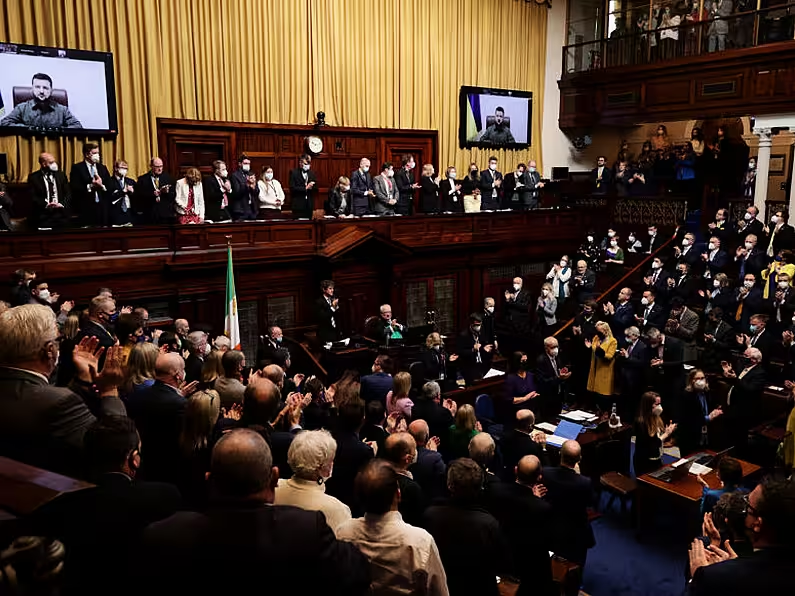By David Young, Grainne Ni Aodha, Cillian Sherlock and Cate McCurry, PA
Sinn Féin’s leader has challenged the Taoiseach to “bring it on” and call an early general election.
Mary Lou McDonald struck a defiant note following her party’s disappointing showing in the local election and rejected any suggestion Taoiseach Simon Harris would be doing her a favour if he stuck to his original plan to go to the polls in early 2025.
Mr Harris and Tánaiste Micheál Martin have both moved to dampen speculation of an earlier-than-expected general election after their respective parties – Fine Gael and Fianna Fáil – performed better than many pollsters had predicted in Friday’s local and European elections.
Counting in both those contests continued on Monday, while ballots began to be totted up in Limerick for Ireland’s first ever directly elected mayor.
While it could still take days to finish counting every vote across the country, the political implications of the results are already reverberating.
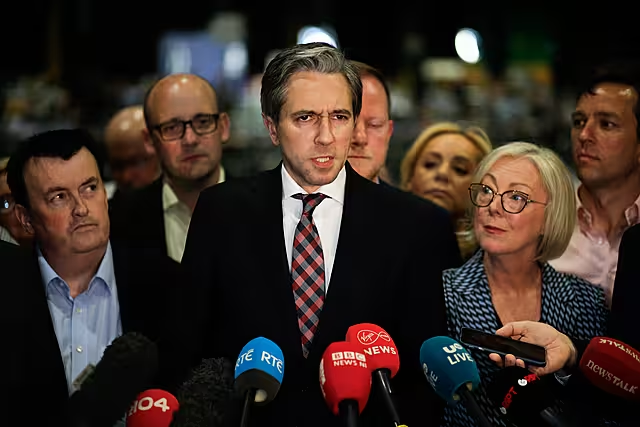
Both Mr Harris and Mr Martin will undoubtedly be weighing the political calculus around calling an early general election, and some supporters are already urging them to go to country early, in order to capitalise on their momentum and limit the time for Sinn Féin to turn around its electoral fortunes.
Sinn Féin has already announced an internal review after its poor performance while Ms McDonald has apologised for the results.
Some opinion polls last year saw Sinn Féin riding high on 30 per cent-plus support among the electorate, but the party attracted only 12 per cent of first preference votes in Friday’s local government elections.
While that was still up on its showing in the last local council poll in 2019, the result is well short of what the party had hoped for.
That turnaround has prompted speculation that the Government coalition partners – Fine Gael, Fianna Fáil and the Greens – may ultimately take up the potentially appealing option of going for an early general election.
Speaking to reporters at the main count centre in Dublin on Monday evening, Ms McDonald acknowledged that her party may not have always been as clear it could have been around its messaging.
Critics of the party claim its failure to make a major electoral breakthrough is in part due to mixed messages on key issues and instances where it has been accused of flip-flopping.
Asked about those claims, Ms McDonald said: “I think clarity is a good position.
“Sinn Fein has positions and, of course, we can always get better at articulating them with clarity. I think that’s only fair to say that.”

Asked if Ms Harris would be doing her a favour if he decided against an early election, Ms McDonald replied: “The Taoiseach could be accused of many things – doing favours for me is not one of those.
“I want us to contest the general election and I want us to have that at the earliest possible date because I firmly believe that we need a change of government.
“When the Taoiseach calls the election is anybody’s guess. He seems to be indicating that it might go to next spring. I rather suspect that it will happen in the autumn, that’s my speculation.”
She added: “We’ll be ready whenever it happens. Bring it on.”
Ms McDonald also dismissed speculation that her own position as leader may now be in question.
“I am the leader of Sinn Féin and I will lead the party into the next general election,” she said.
Earlier, Mr Martin insisted the leaders of the coalition government remain committed to serving a full term.
The Tánaiste said the Government would stay focused on delivery, citing the autumn budget as its main priority.
On Sunday, the Taoiseach insisted he has no plans to bring forward the timetable for an election from spring 2025.
Mr Martin echoed that stance as he arrived at the RDS count centre in Dublin on Monday.
Asked if there were any circumstances in which he would support bringing the date forward into this year, he said: “We’ve agreed to go the full term and the Taoiseach and I and Eamon Ryan (Green Party leader) have agreed that.”

Elsewhere on Monday, Fine Gael minister of state and Government chief whip Hildegarde Naughton said the public was craving “stability” as she insisted an early general election was not on her party’s mind.
“That’s the strong message that we’re getting. So we really do have a lot of work to do in relation to this and elections are not on our mind,” she told RTÉ.
The TD for Galway West added: “We have a programme for government that we need to deliver, a huge amount has been delivered to date.
“But a lot of this legislation does take time to get over the line and we have such an amount of bills to get through right up to mid-July and also when we are back in the Dail in September. So we really need to finish off that work.”
Fianna Fáil and Fine Gael are battling it out for the most seats in the local government election as the counting approached its conclusion on Monday evening.
Both main coalition partners attracted around 23 per cent of first preference votes.
Counting in the European election began on Sunday and continued on Monday.
Dublin is the only one of the country’s three constituencies to reach the point of completing the first count.
After 10 rounds of counting, Fianna Fáil’s Barry Andrews and Fine Gael’s Regina Doherty remain on course to secure two of the four seats in the constituency.
Sinn Féin’s Lynn Boylan; Ciarán Cuffe from the Greens; Labour’s Aodhan Ó Ríordáin; Independent Ireland’s Niall Boylan; Clare Daly of Independents 4 Change; and Brid Smith of People Before Profit – Solidarity are the main contenders for the remaining two seats.
The outcome of the first count in Ireland South could come on Monday night, with Fine Gael’s Sean Kelly and Fianna Fáil’s Billy Kelleher looking well placed.
The Midlands-North-West constituency could also see the first count conclude later on Monday night, as officials grapple with what is set to be a marathon process of whittling down the 27 candidates vying for five seats.
The third election last Friday saw voters in Limerick given the opportunity to select what will be Ireland’s first directly elected mayor.
Counting in the Limerick mayoral contest began on Monday, with independent candidate John Moran topping the poll. He remained out in front after four counts.





